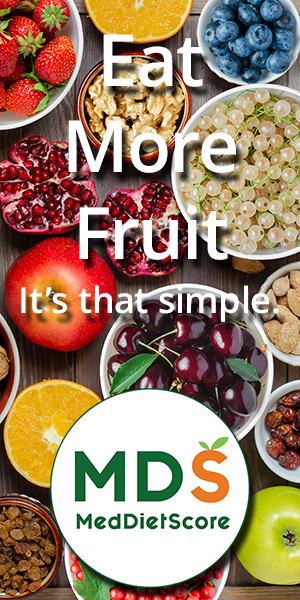
Can I use these nutritional supplements while on Coumadin?
My question to you is not about foods containing Vitamin K but rather the use of nutritional supplements while on medication. I am not only taking warfarin due to two incidents of DVT and being Factor V Leiden Mutation positive, but I am also taking: 1) Hydrochlorothiazide and Diovan for blood pressure; 2) Actos and Metformin for Type II Diabetes; [and] 3) Vytorin for cholesterol.
I want to get as healthy as I can with natural alternatives, perhaps even eliminating the need for these medications. I am 41, overweight and a non-smoker/non-drinker. Can you provide any insight into which supplements would be beneficial and which I should absolutely avoid? I have some specific examples in mind. What do you think of 1) Rhodiola Rosea, 2) Aralia Mandshurica, 3) Georgian Pomegranate, [and] 4) Caucasian Bilberry?
The Health meets Food Team Says...
You should absolutely avoid such supplements while taking warfarin. There is very little solid research done on supplements and you are putting yourself at very high risk by taking them along with your Coumadin®. There is risk with the other medications you are taking, as well. While there are specific reports about bilberry having interactions with warfarin, it is more complicated than simply whether a specific supplement will cause a problem for you.
Because there is little regulation of the supplement industry, you are never completely sure of what you are getting. Just because the label says "bilberry" doesn't mean that there are not other herbs, other organic compounds (one study found garden dirt), or even prescription medications contained in the pill you take. Likewise, the source of these products, the quality, and the potency varies widely from manufacturer to manufacturer. I recommend that my patients absolutely avoid such "natural" alternatives for their own safety.
The best "natural" alternative for you is to discuss a plan with your physician for diet and exercise to help you lose weight. At 41, with the health problems that you have, you want to be in top form. The evidence for the positive effect on health and longevity of following a lower calorie diet and getting regular exercise is compelling. You can read about many such studies on the website in the Health and Nutrition Bites sections.
Because you have more complex medical issues, including diabetes, it is very important for you to craft a plan that helps you lose weight slowly and carefully. Speak with your doctor about seeing a dietitian to help you eat better. You can also discuss with your physician beginning an exercise program.
Supplements are not a healthy alternative for you. A change in lifestyle is.
Thanks for writing.
Ask Health meets Food
It’s easy to get answers about health and nutrition! Just send your question by email to [email protected] and the team will respond to selected questions of general interest. Answers will be posted on the website and archived in the Ask Health meets Food section of the website.
Please note that the Ask Health meets Food feature is restricted to questions regarding food and nutrition. Due to the many questions we receive, not all questions may be answered. For more specific questions about your individual health, please contact your doctor.



